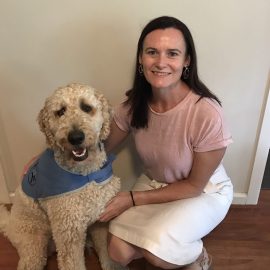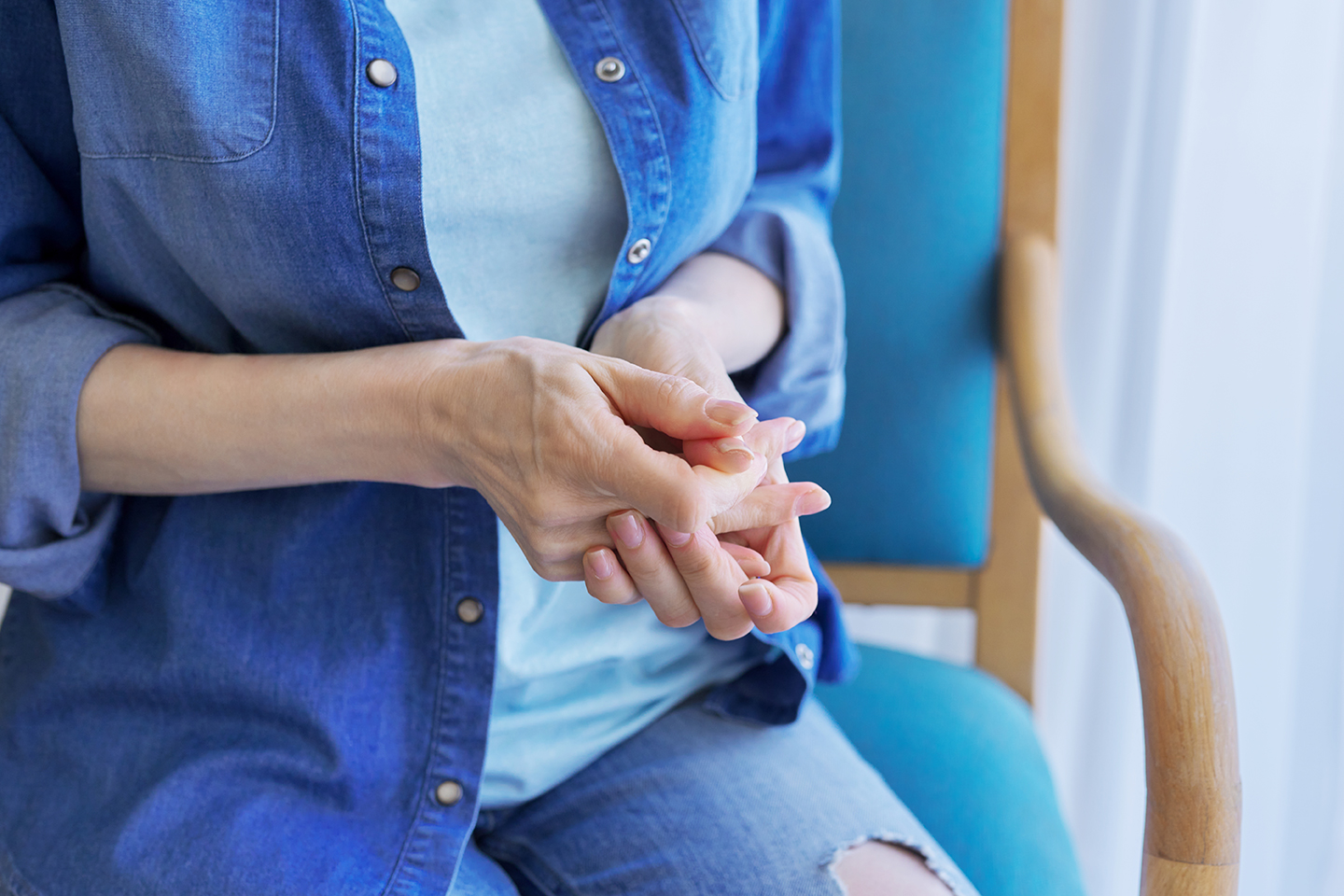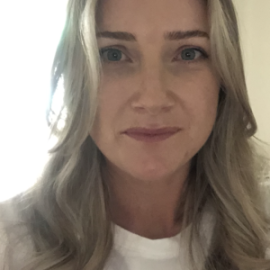
Anxiety is a state of nervousness or fear; it is often experienced as persistent worrying, feeling on edge or apprehensive. Anxiety can be mild and easy to control, but when it is severe it can be debilitating. Anxiety can also take slightly different forms, ranging from specific phobias, to social anxieties, excessive worrying or obsessive behaviours. In its acute state anxiety can be experienced as Panic Attacks. Anxiety can impact on a person’s ability to engage in their daily activities, relationships and study/work. Psychological therapy is very effective in the treatment of anxiety. In severe cases, your doctor may also recommend a course of medication. Depending on the factors underlying your anxiety, lifestyle changes may also be beneficial. These may involve reducing caffeine and alcohol intake, increasing exercise and addressing factors contributing to your stress levels.














